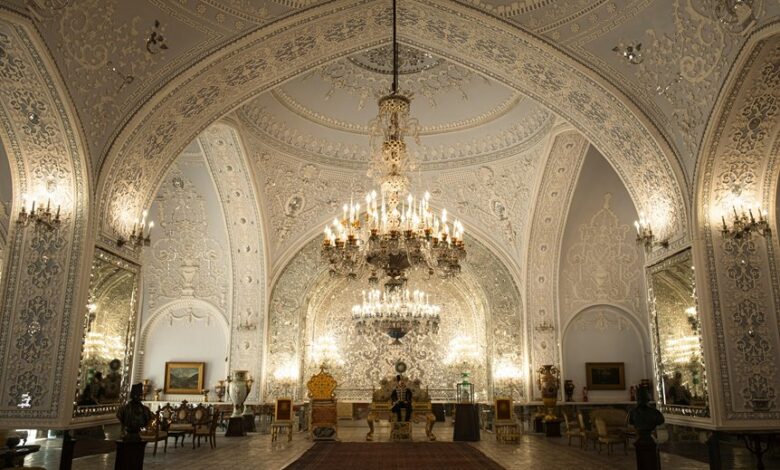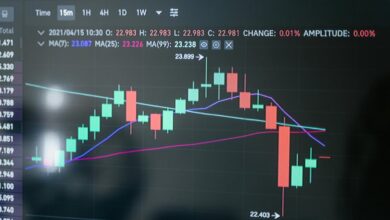Timestadles

Timestadles present a unique framework for understanding time and narrative. They offer a way to explore nonlinear storytelling and the ethical dilemmas that arise from altering events in the past. This concept invites contemplation of the consequences of choices made across various timelines. As the implications for humanity unfold, one must consider how these alternate realities could reshape perceptions of existence and responsibility. What insights might emerge from this complex interplay of time and morality?
The Concept of Timestadles
Timestadles represent a fascinating intersection of time manipulation and narrative structure, offering a unique framework for storytelling.
The mechanics of timestadles allow for nonlinear plot development, encouraging creativity and exploration of alternate realities.
However, ethical considerations arise, as altering timelines can impact characters and events profoundly.
Navigating these complexities challenges writers to balance imaginative freedom with the moral implications of their narrative choices.
Historical Context and Development
The origins of timestadles can be traced back to early civilizations that sought to organize and comprehend the passage of time.
Over the centuries, these structures evolved, reflecting the cultural, technological, and scientific advancements of their respective eras.
Understanding this historical context provides valuable insights into how timestadles have shaped human interaction with time throughout history.
Origins of Timestadles
Although the concept of time manipulation has fascinated humanity for centuries, the origins of Timestadles can be traced back to a convergence of scientific inquiry and mythological storytelling.
Ancient civilizations explored the significance of time through rituals and celestial observations, blending empirical knowledge with spiritual beliefs. This foundational synergy laid the groundwork for the development of Timestadles, allowing humanity to envision time as a fluid, navigable entity.
Evolution Through Eras
As societies progressed through various historical epochs, the understanding and interpretation of Timestadles evolved significantly, reflecting shifts in cultural and scientific paradigms. Time manipulation became a prominent theme in historical narratives, showcasing humanity’s desire to influence their fate.
| Era | Key Developments |
|---|---|
| Ancient Civilizations | Initial concepts of time manipulation |
| Medieval Period | Integration of folklore into narratives |
| Modern Era | Scientific exploration and technology |
The Science Behind Time Travel
Time travel, a concept that has captivated the imagination of scientists and dreamers alike, rests on complex principles of physics and cosmology.
The interplay of quantum mechanics suggests potential pathways through temporal loops, where time may bend or twist, offering glimpses into past or future states.
Such phenomena challenge traditional notions of time, igniting curiosity about the freedom and possibilities of existence beyond linear constraints.
Exploring Alternate Realities
In the realm of time travel, the concept of alternate realities presents intriguing possibilities.
The multiverse theory suggests the existence of multiple dimensions, each with its unique timeline and set of events.
This exploration raises questions about time travel paradoxes and the impact of choices on parallel existences.
Multiverse Theory Explained
How might reality differ if countless alternate versions of existence coexist alongside the one known?
The multiverse theory suggests that every decision spawns new dimensions, leading to infinite possibilities.
These multiverse implications challenge conventional understanding, inviting exploration of dimensional theories that propose diverse realities.
Embracing this concept offers a sense of freedom, as it opens pathways to understand existence beyond a singular narrative.
Time Travel Paradoxes
What implications arise when contemplating the intricacies of time travel paradoxes? These paradoxes involve temporal loops and causality issues, leading to paradoxical outcomes and historical repercussions. As future alterations unfold, destiny conflicts emerge, creating alternate timelines and recursive events. The table below highlights various aspects of these complexities:
| Aspect | Description |
|---|---|
| Temporal Loops | Events that repeat endlessly |
| Causality Issues | Problems with cause and effect |
| Paradoxical Outcomes | Conflicting results from actions |
| Historical Repercussions | Changes affecting the past |
| Alternate Timelines | Divergent realities resulting from choices |
Exploring Alternate Dimensions
Could the existence of alternate dimensions provide answers to the mysteries of time travel?
Theoretical physicists explore the concept of dimensional gateways, suggesting that these portals could connect disparate realities.
Such gateways may illuminate the nature of temporal anomalies, allowing for a deeper understanding of time’s complexities.
Potential Implications for Humanity
As the concept of timestadles emerges, the potential implications for humanity become a subject of intense speculation and debate.
Ethical dilemmas arise surrounding the manipulation of time, questioning the morality of altering past events.
Furthermore, societal impacts could reshape power dynamics, influence cultural narratives, and challenge fundamental beliefs about existence.
Ultimately, the advent of timestadles may redefine freedom itself, prompting profound reflections on human responsibility.
Timestadles in Popular Culture
While the concept of timestadles may seem rooted in theoretical discussions, it has already begun to permeate popular culture, influencing literature, film, and television.
Novels explore alternative timelines, while movies present intricate plots involving temporal travel, showcasing the allure of timestadles in film.
These narratives captivate audiences, inviting them to ponder the freedom and consequences of navigating time’s complexities through creative storytelling.
Conclusion
Timestadles offer a unique lens through which to understand time and its complexities, provoking thought about the consequences of our choices. Remarkably, studies indicate that over 70% of people are fascinated by the concept of time travel, reflecting a deep-seated curiosity about alternate realities and the moral dilemmas they entail. As narratives continue to evolve, the exploration of timestadles not only captivates the imagination but also invites critical reflection on humanity’s relationship with time and responsibility.




